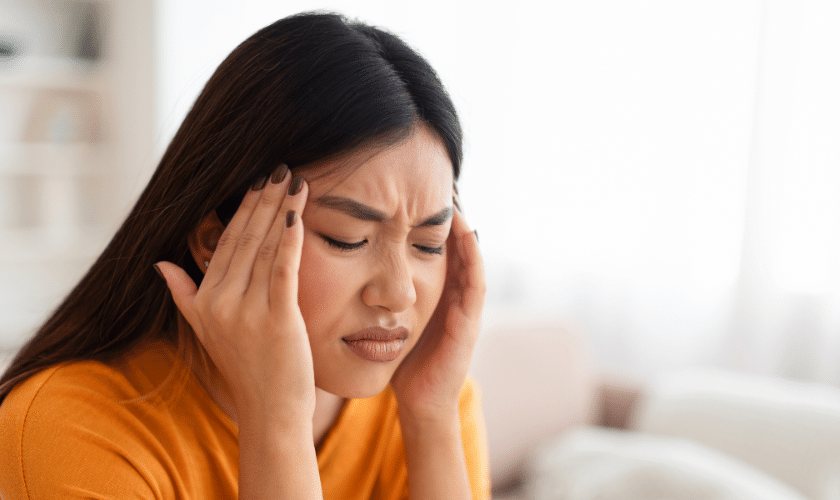
Conquering a Migraine: Effective Home Remedies and Treatment Options
Migraines are more than just headaches. They’re throbbing, pulsating storms that can disrupt your entire day. If you’re one of the millions who experience migraines, you

Migraines are more than just headaches. They’re throbbing, pulsating storms that can disrupt your entire day. If you’re one of the millions who experience migraines, you know the importance of finding effective relief. While prescription medications exist, there are also natural remedies and alternative treatments you can try at home during a migraine attack.
Light and sound can exacerbate migraine pain. When a migraine strikes, find a cool, quiet, and dark room to retreat to. Draw the curtains, turn off lights, and silence any notifications or electronics that might create disturbances. Lie down comfortably and allow your body to rest.
The coolness of an ice pack can provide much-needed relief during a migraine. Wrap a cold compress in a thin cloth and apply it to your forehead or neck for 15-20 minute intervals. You can also try a cool washcloth or take a cool shower.
Dehydration can be a trigger for migraines, and it can worsen existing symptoms. Make sure you’re staying hydrated throughout the day, especially during a migraine attack. Sip on cool water or electrolyte-rich beverages.
Over-the-counter pain relievers like acetaminophen, ibuprofen, or naproxen can help manage migraine pain. However, it’s crucial to follow the dosage instructions carefully and not overuse these medications, as this can lead to rebound headaches.
Some natural remedies show promise in alleviating migraine symptoms. Here are a few to consider:
Stress is a common migraine trigger. Relaxation techniques can help manage stress and potentially reduce migraine severity. Here are a few methods to explore:
While home remedies can be effective for some, it’s important to seek professional medical help if:
A doctor can help diagnose the cause of your migraines and recommend the most appropriate treatment plan. This may include prescription medications or preventive measures to reduce the frequency and severity of migraine attacks.
Chiropractic care has emerged as an intriguing option for migraine sufferers seeking natural pain relief. Unlike traditional medicine which focuses on medications, chiropractic care takes a holistic approach, targeting the musculoskeletal system. The theory is that misalignments in the spine, particularly in the upper cervical region, can contribute to nerve dysfunction and trigger headaches, including migraines.
Studies have yielded promising results. A 2017 research review published in the Journal of Manipulative and Physiological Therapeutics indicated that chiropractic adjustments might be as effective as some migraine medications in reducing pain frequency and intensity. Patients reported fewer migraine days and improved overall well-being.
However, it’s important to remember that research on chiropractic care for migraines is ongoing. While some studies show positive results, others haven’t found a definitive link. Additionally, chiropractic care isn’t a guaranteed cure for migraines.
If you’re interested in exploring chiropractic care for your migraines, here’s what to do:
Remember, effective migraine management is often a multi-pronged approach. By exploring different options like chiropractic care, relaxation techniques, and working with your doctor, you can increase your chances of finding relief and reducing the burden of migraines on your life.

Migraines are more than just headaches. They’re throbbing, pulsating storms that can disrupt your entire day. If you’re one of the millions who experience migraines, you
Call 323.939.9039 or click below to schedule an appointment.